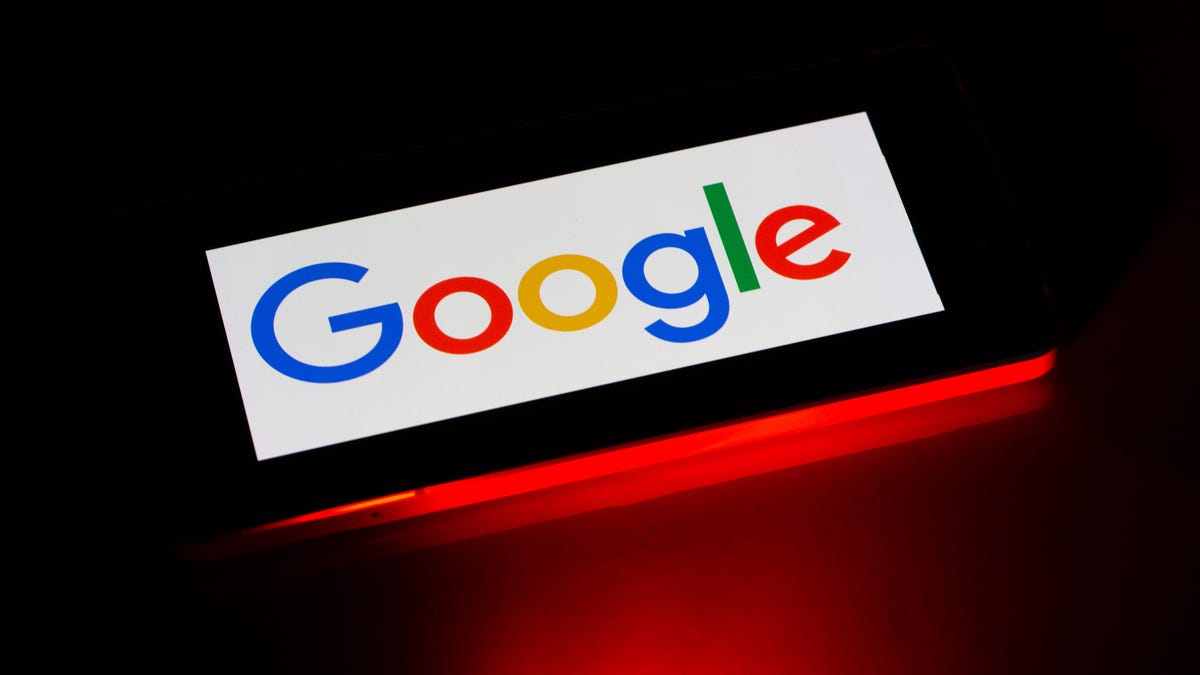Google reportedly collects health data on millions of Americans without informing patients
The initiative, called Project Nightingale, is a partnership with Ascension, the second-largest health care system in the US.

Google is collecting detailed health data on millions of Americans through a partnership with Ascension, the nation's second-largest health care system, according to a report Monday by The Wall Street Journal.
The initiative, called Project Nightingale, collects information from people across 21 states, including data on lab results, diagnoses and hospitalization records, and also includes patient names and birthdates. The purpose of the project is reportedly to design health software that could home in on a patient's medical history. Patients and doctors haven't been informed of the Google partnership, and Ascension employees have raised concerns over the project, the Journal said.
After the Journal report was published, Ascension issued a press release announcing the partnership. Ascension said the deal involves its infrastructure being moved onto Google's cloud platform, as well as the company adopting Google's G Suite productivity tools. The company said the deal is compliant with HIPAA, the federal law regulating the security and privacy of certain medical information.
"As the health care environment continues to rapidly evolve, we must transform to better meet the needs and expectations of those we serve as well as our own caregivers and health care providers," said Eduardo Conrado, Ascension's executive vice president of strategy and innovations.
Google also released a statement late Monday, calling the agreement with Ascension "standard practice in health care."
"To be clear: under this arrangement, Ascension's data cannot be used for any other purpose than for providing these services we're offering under the agreement," Tariq Shaukat, president of Google Cloud, said in a blog post. "And patient data cannot and will not be combined with any Google consumer data."
"By working in partnership with leading health care systems like Ascension, we hope to transform the delivery of health care through the power of the cloud, data analytics, machine learning, and modern productivity tools," Shaukat said.
The project announcement comes as Google makes a bigger push into health care. Earlier this month, the search giant said it's buying Fitbit, a fitness tracker company, for $2.1 billion, signaling a deeper investment in health services.
Google, though, has received blowback for its treatment of medical information in the past. Two years ago, Google, the University of Chicago and an affiliated medical center struck a partnership that allowed the search giant to use patient data and health records in an attempt to improve predictive analysis.
But in July, Google, the university and the medical center were hit with a lawsuit after the medical center allegedly shared records with Google without stripping away identifiable information. That data included doctors' notes and date stamps for "hundreds of thousands" of patients. At the time, Google said it acted in accordance with the law. The University of Chicago said the claims were "without merit."
In another project, Deepmind, a Google artificial intelligence unit in the UK, got into hot water for the way it used data obtained through partnerships with hospitals. In 2016, Deepmind unveiled a pact with the Royal Free Hospital in London to build an app that would identify patients with acute kidney damage. But not every patient was aware that his or her data was being given to Google to test the app.
Google's parent company, Alphabet, also has a robust operation around medical research. Alphabet's health tech arm, called Verily, has developed medical-focused wearables, including a smart contact lens for people with age-related farsightedness and a sensor-packed watch to collect data for clinical studies. Another Alphabet company, Calico, is trying to expand the length of the average human lifespan.
On Monday, news of Project Nightingale riled up lawmakers. "Blatant disregard for privacy, public well-being, & basic norms is now core to Google's business model," Sen. Richard Blumenthal, a Democrat from Connecticut, said in a tweet. "This abuse is beyond shameful."
Originally published Nov. 11, 11:18 a.m. PT.
Update, 3:08 p.m. PT: Adds information from Ascension's press release; 4:37 p.m. PT: Adds comment from Sen. Richard Blumenthal; and 5:37 p.m. PT: Adds further comment from Google.

